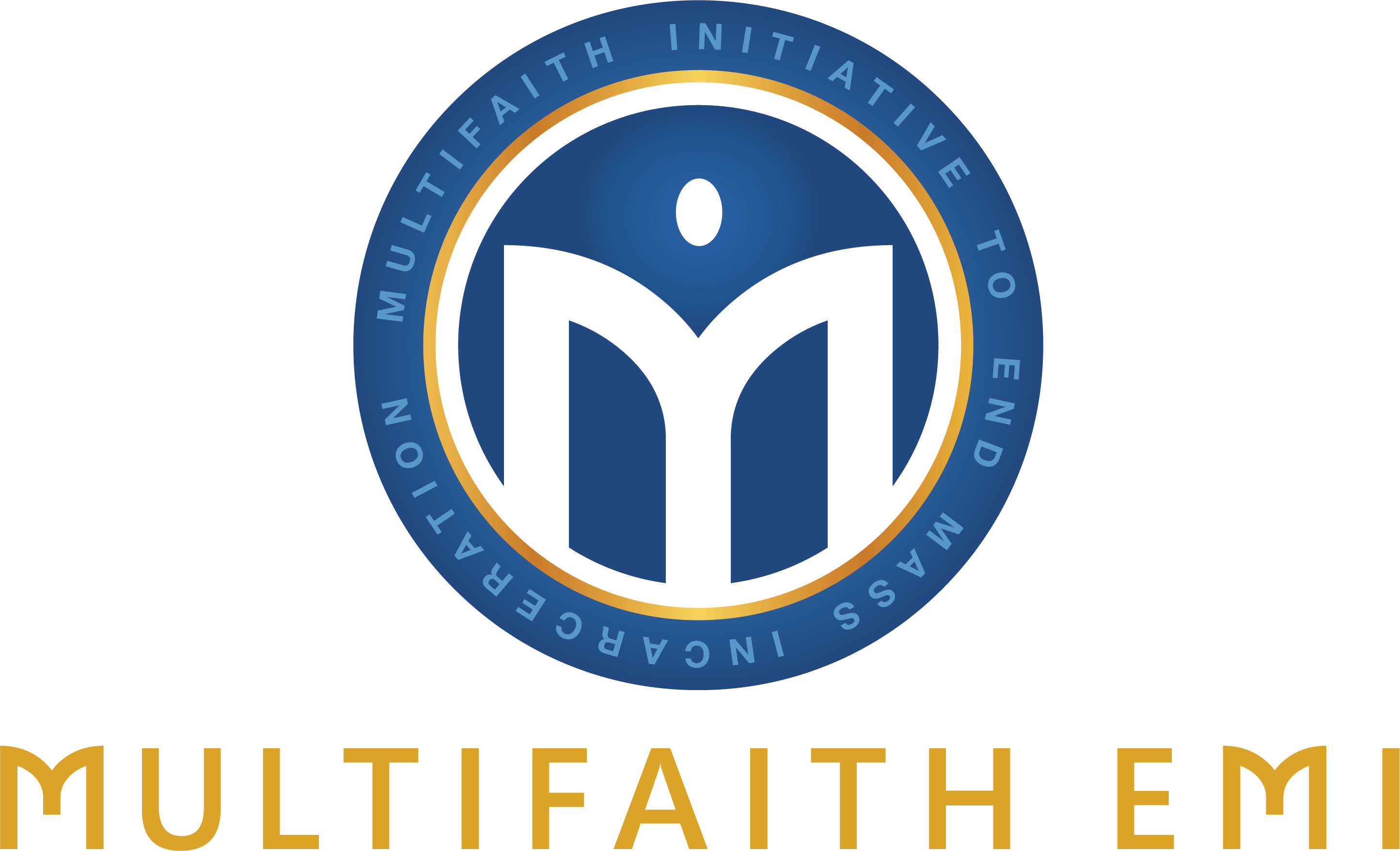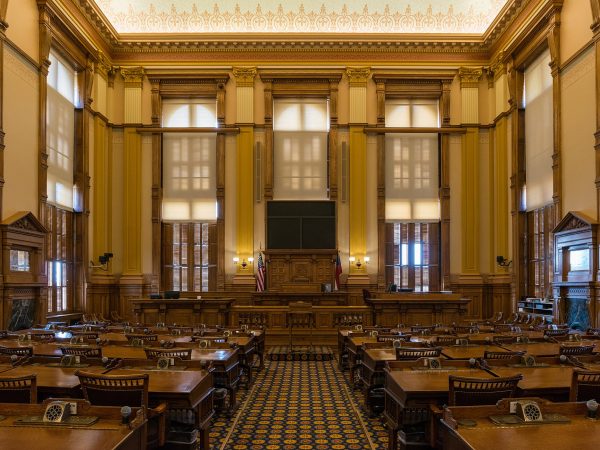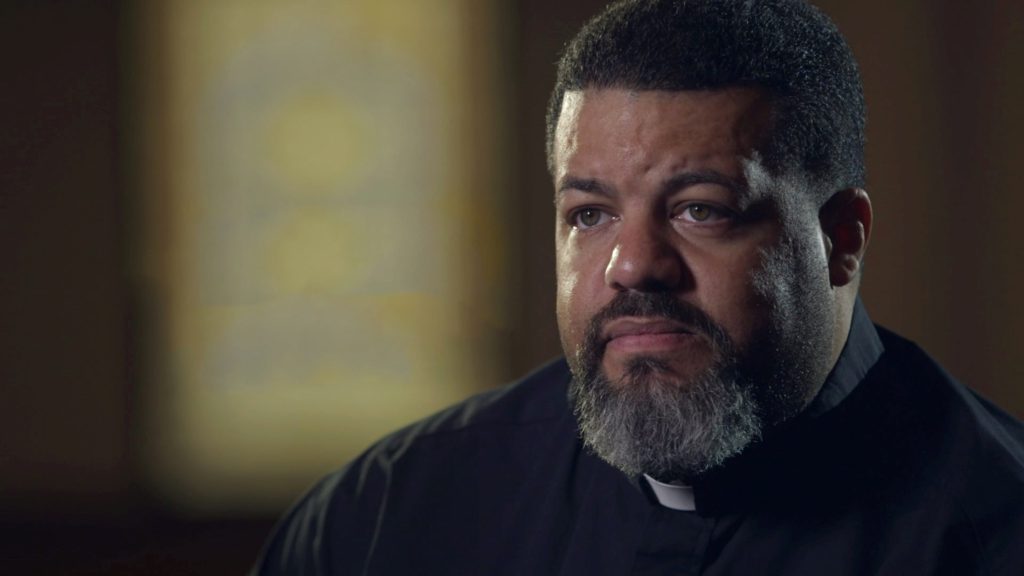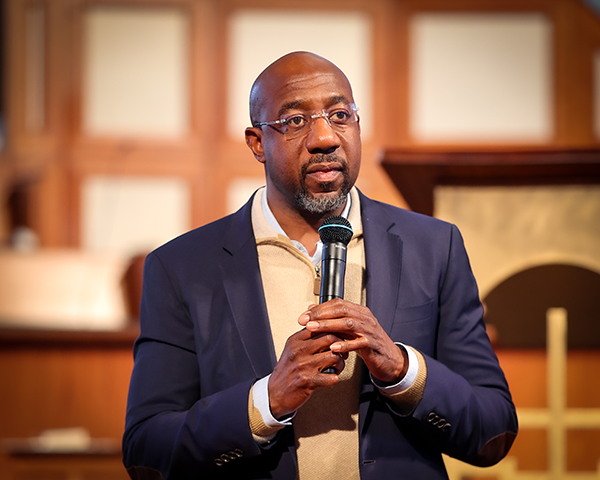Two words come to mind concerning the passage of Georgia Senate Bill 63 (SB 63) to expand cash bail and functionally outlaw charitable bailouts: criminalization and suppression.
Georgians will judge this legislation, based on both the ways it criminalizes the poor and suppresses the charitable efforts of organizations providing bail relief, to determine its legitimacy. To be sure, the criminalization of poverty and the overt suppression of charitable bailouts in no way quashes the movement to end mass incarceration. What it does suggest is that more needs to be done and can be done.
With the passage of SB 63, we find ourselves at a critical juncture. This moment is not one of despair, but a call to deepen our commitment to transforming a criminal legal system that disproportionately impacts the poor and perpetuates unconstitutional debtors’ prisons.
The cash bail system’s expansion starkly illustrates its functional criminalization of not just the economically vulnerable but also organizations and churches pooling resources to pay bail for those unable to afford it. This perpetuates an unjust cycle by exacerbating jail and prison overcrowding.
It is crucial to recognize the historical context surrounding this legislation. The timing, following successful mass bailout efforts led by leaders across Georgia, including churches, social impact organizations, and charitable individuals, underscores an attempt to curtail these impactful initiatives.
Our response must be a resolute call to action, emphasizing a steadfast commitment to transforming the criminal legal system. Despair is not the answer; instead, we must advocate for policies that prioritize justice and human dignity.
We mark this moment as a call to advocate vigilantly to end the legacy of the carceral state. Overwhelmingly, we have witnessed that the criminal legal system does not have capacity to self-correct. To this end, the path forward necessitates a commitment not only at the state level in Georgia, but also on the national level to end the system of mass incarceration. The expansion of cash bail in Georgia threatens the national movement to abolish the practice of cash bail.
As we work towards transformation, it is imperative to move away from systems rooted in capitalism, anti-immigrationism, and anti-Blackness. We need a paradigm shift towards policies that reflect a liberating ethic of love, recognizing the inherent humanity of our incarcerated sisters, brothers, and gender nonconforming siblings.
This legislation, fueled by fear and a love for capitalism, seeks to hinder direct service work aimed at bailing people out of jail. Let us stand firm in our commitment to justice, challenging a system that prioritizes profits over people.
At the state and local levels, we have seen promising momentum towards meaningful transformation. Our partners, including Barred Business, the Georgia Justice Project, and the Southern Center for Human Rights, have spearheaded impactful campaigns for criminal legal transformation. Additionally, congregations in the Atlanta metro area, such as Ebenezer Baptist Church, the Temple, and Trinity Presbyterian Church, have supported bailouts on significant occasions like Mother’s Day, Father’s Day, and Juneteenth. On John Lewis’s birthday later this month, the Multifaith initiative to End Mass Incarceration plans to host the Good Trouble Lab at historic Ebenezer, aiming to educate students of social justice in the principles and strategies of nonviolent direct action.
In conclusion, we must collectively strive for a criminal legal system that values the image of God in human personality, compassionate cooperation, and social justice. This moment is an opportunity to lead with the liberating ethic of love, dismantling structures that perpetuate injustice and embracing a future built on principles of nonviolence and beloved community.










